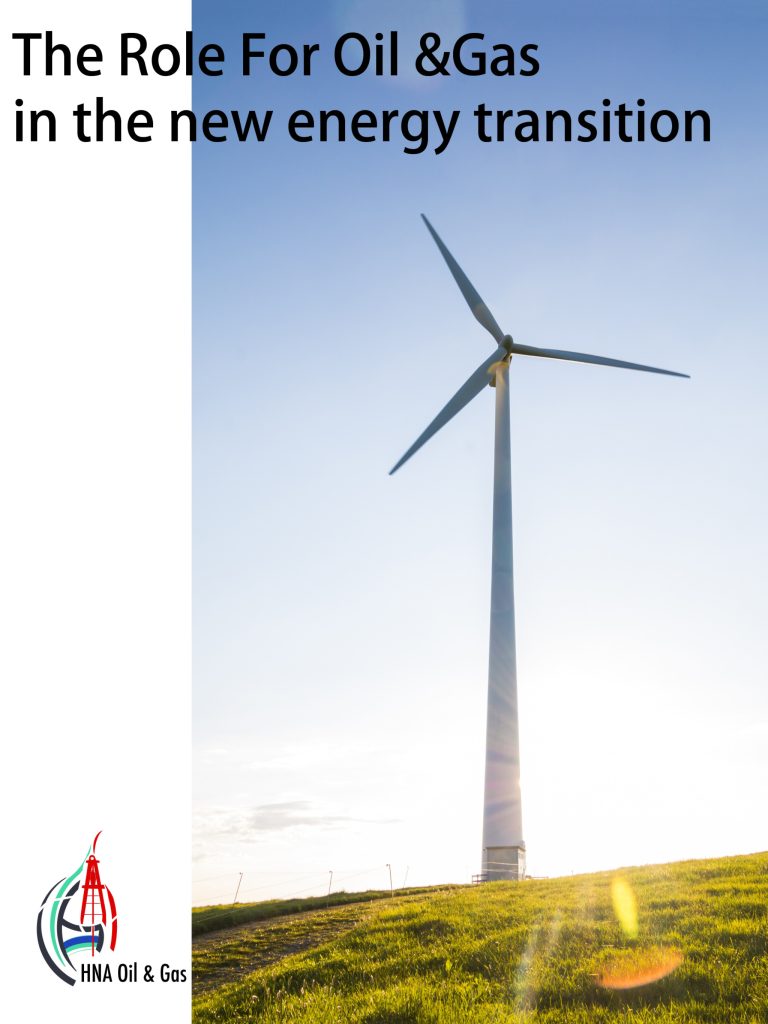
In Energy Outlook 2022, that oil demand was rebounding sharply as the world was emerging from Covid-19 but that, despite increasing oil prices, a wave of investment—as had occurred in previous oil price cycles— would not necessarily follow. This was because the drive for decarbonization of the world’s energy sources had put pressure on lenders and other providers of capital to be more restrictive in the provision of capital to coal projects and, increasingly, new oil and gas developments. The longer-term trend of decarbonization remains in force and continues to affect oil and gas investment decisions. However, as a result of the Russia – Ukraine war, resulting volatility in the oil price—and in particular the European gas price—there are signs that some providers of capital may be rethinking how they implement their ESG policies.
In a similar vein, the latest fossil fuel lending policies for Nordic bank SEB indicate the institution intends to work with oil and gas companies with the lowest scope one and two greenhouse gas (GHG) emissions but recognizes that “oil and oil-related products will, for a foreseeable number of years, be a necessity to our society”.
Generalist asset managers, seeing the high returns and growing dividends being delivered by oil majors such as Shell and BP and other listed E&P companies, are finding they cannot afford not to have exposure to fossil fuels, particularly in light of the recent poor returns being delivered by other asset classes such as bonds and technology stocks.
In this vein a new term—‘the inclusive energy transition’— has permeated debate, recognizing more explicitly that we are dealing with a transition that will continue to include fossil fuels (and especially natural gas) for many years to come. A case in point
is the European Parliament, which in July pragmatically recognized the necessity of including natural gas in the energy transition by designating it as a sustainable source of energy. However, this designation has no time limit, implying the Parliament has still not landed on any particular timeframe over which it might be realistic or
desirable to reduce the use of gas. This contrasts with the view held by some NGOs and members of the public that it is feasible to stop the production and use of oil and gas overnight: a position that recent events have demonstrated would cause severe economic harm. As Ben Van Beurden, the outgoing CEO of Shell, has pointed out, the main impact of stopping oil supply without real adjustment
to oil demand will be rising prices rather than global decarbonization.
By Paul Dufays, Director,
Kirk Lovegrove & Company
161 Brompton Rd, London SW3 1QP, United Kingdom

